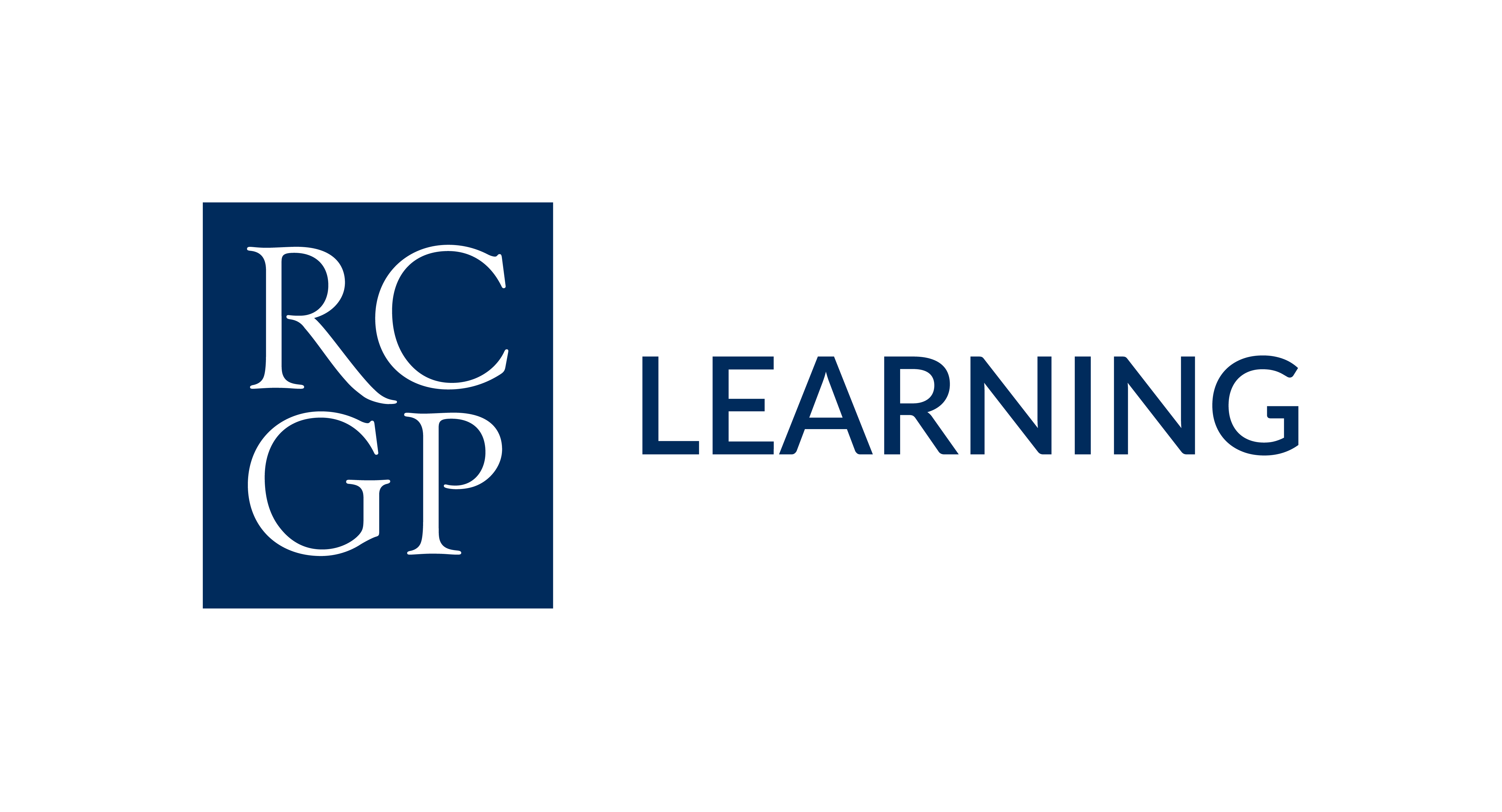Musculoskeletal (MSK) conditions account for up to 30% of general practitioner consultations, representing a substantial clinical workload and a significant societal burden. MSK problems often persist longer than many other conditions, leading to reduced quality of life and wider socioeconomic impact. GPs are pivotal in early recognition, accurate diagnosis, effective management, and preventive care for MSK presentations, helping to minimise disability and support long-term health and wellbeing.
This One Day Essentials conference equips primary care professionals with practical, evidence-based skills to confidently assess and manage MSK conditions in a time-pressured GP setting. Delegates will gain up-to-date knowledge on management of musculoskeletal conditions across the ages, prevention strategies, and the role of physical activity as both a therapeutic and preventive intervention.
Learning Objectives:
- Strengthen diagnostic confidence by recognising common and important MSK presentations, distinguishing mechanical, inflammatory, and systemic causes, and applying effective history-taking and examination techniques in primary care.
- Improve examination skills for MSK conditions
- Enhance management strategies in MSK conditions seen in primary care
- Optimise patient outcomes through practical approaches to patient education, self-management support, safe physical activity promotion
Topics include:
- Gout
- Physical activity
- Chronic pain
- Paediatric rheumatology
- Osteoporosis
- Back and hip
- Shoulder and knee
Conference Chair:
Dr Jean Wong MRCGP, GP and RCGP eLearning fellow





